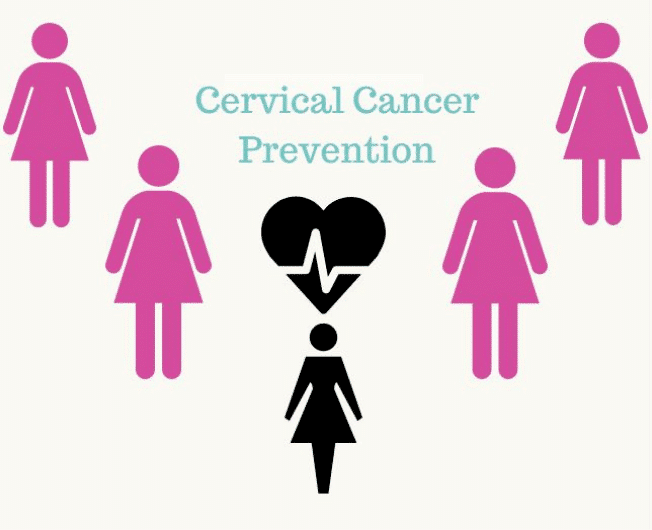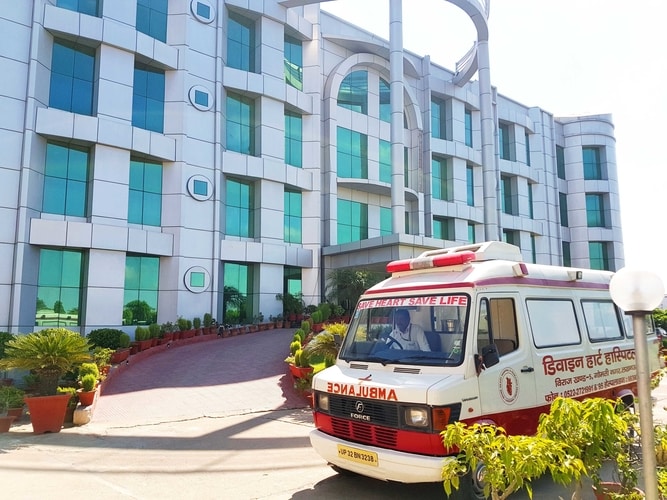
Cervical Cancer – Early Diagnosis & Prevention
WHAT IS CERVICAL CANCER
Cervical cancer is a form of cancer that affects the cells of the cervix, the lower part of the uterus that connects to the vagina.
Cancer of cervix – prevention and screening test to diagnose early
What causes cervical cancer ?
It is caused by the human papillomavirus (HPV), a virus that is generally transmitted through sexual contact. There are many types of HPV virus, of which, only a few are responsible for cervical cancer. Other factors such as having unprotected sex with multiple partners, sexually transmitted infections like HIV/AIDS and chlamydia, a weak immune system and smoking can also be risk factors which contribute to the HPV virus causing cancerous changes in the cervical tissue.
Huge burden of disease in India
One woman dies of cervical cancer every 8 minutes in India.
Cervical cancer forms 16.5% of the total cancer cases in Indian women. It is the second most common type of cancer amongst women (breast cancer being the first).
It is estimated that about 160 million women aged 30 to 59 years are at risk of developing cervical cancer in India, with 96,922 new cases registered in 2018 itself.
Symptoms are often missed
Symptoms usually appear only after the cancer has advanced. Moreover, cervical cancer symptoms can often be confused for symptoms of other diseases.
It can cause vaginal bleeding between menstrual periods or after sex. Such bleeding can often be considered as irregular periods by women.
There can be increased frequency of urination with pain and vaginal discharge these symptoms are also present in urinary tract infections.
Cervical Cancer can be Prevented

Two screening tests commonly used to detect precancerous stage of cervix are—
- The Pap smear test looks for precancerous cell changes on the cervix that might become cervical cancer if they are not treated appropriately.
- The HPV test looks for the virus (human papillomavirus) that can cause these cell changes. These tests are to be done every 3 to 5 years along with a pelvic examination by a Gynecologist in the OPD.
Vaccination is now available for prevention
HPV Vaccines are available for girls and women between 9 to 26 years. They are known to be most effective when given to girls before they become sexually active.
Vaccinated women also need to undergo screening rests, though the testing is required with less frequency.


